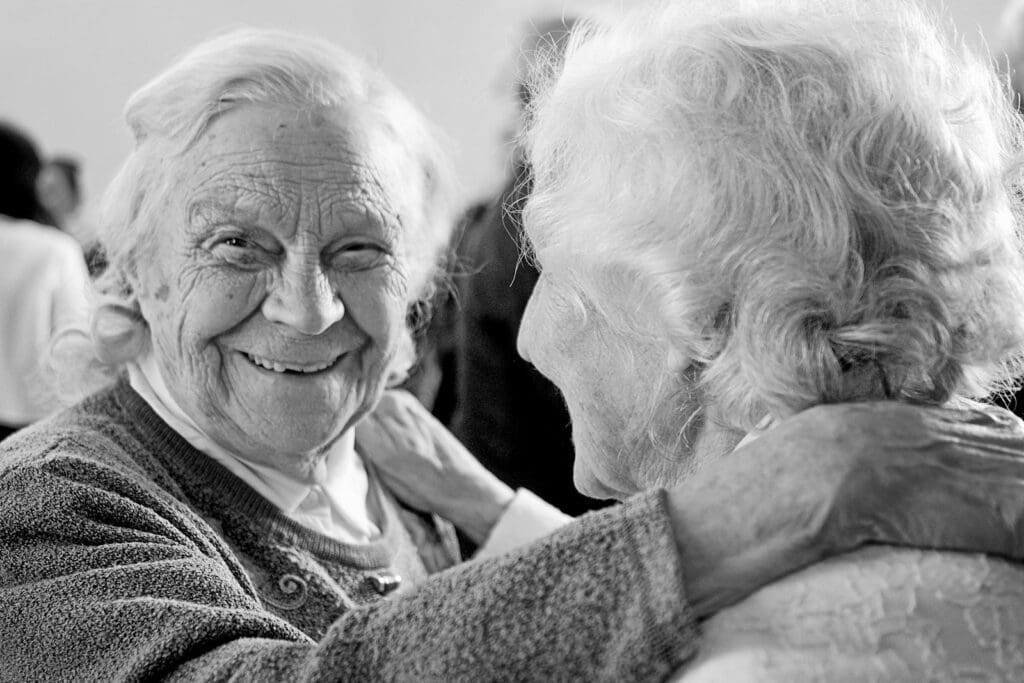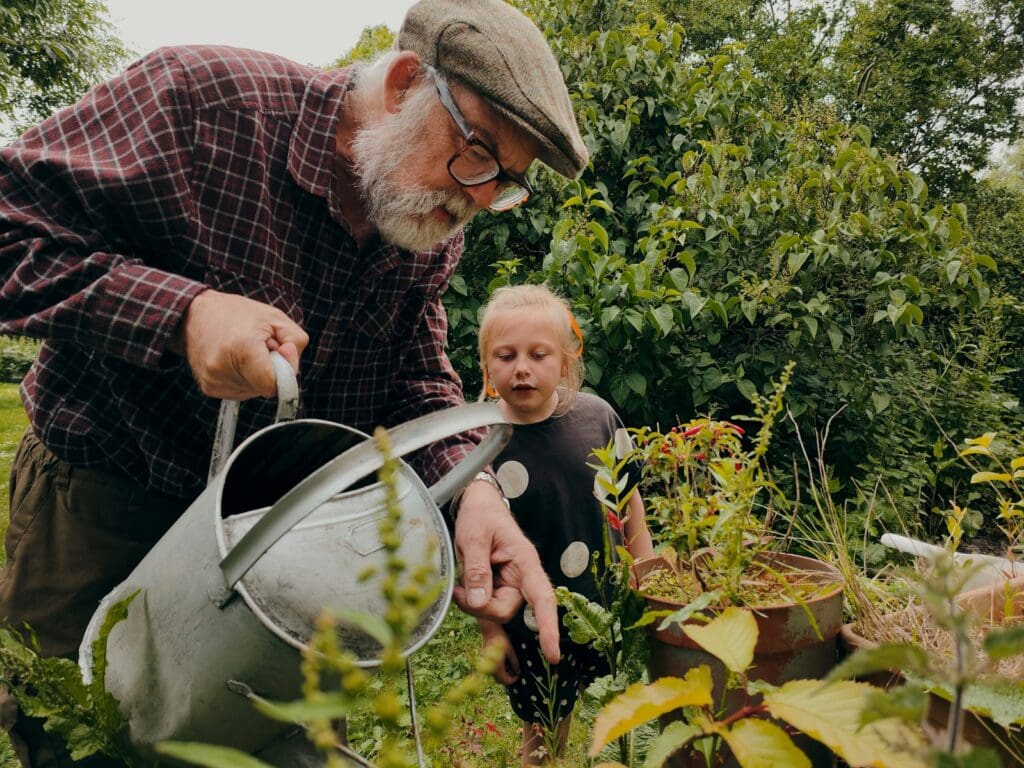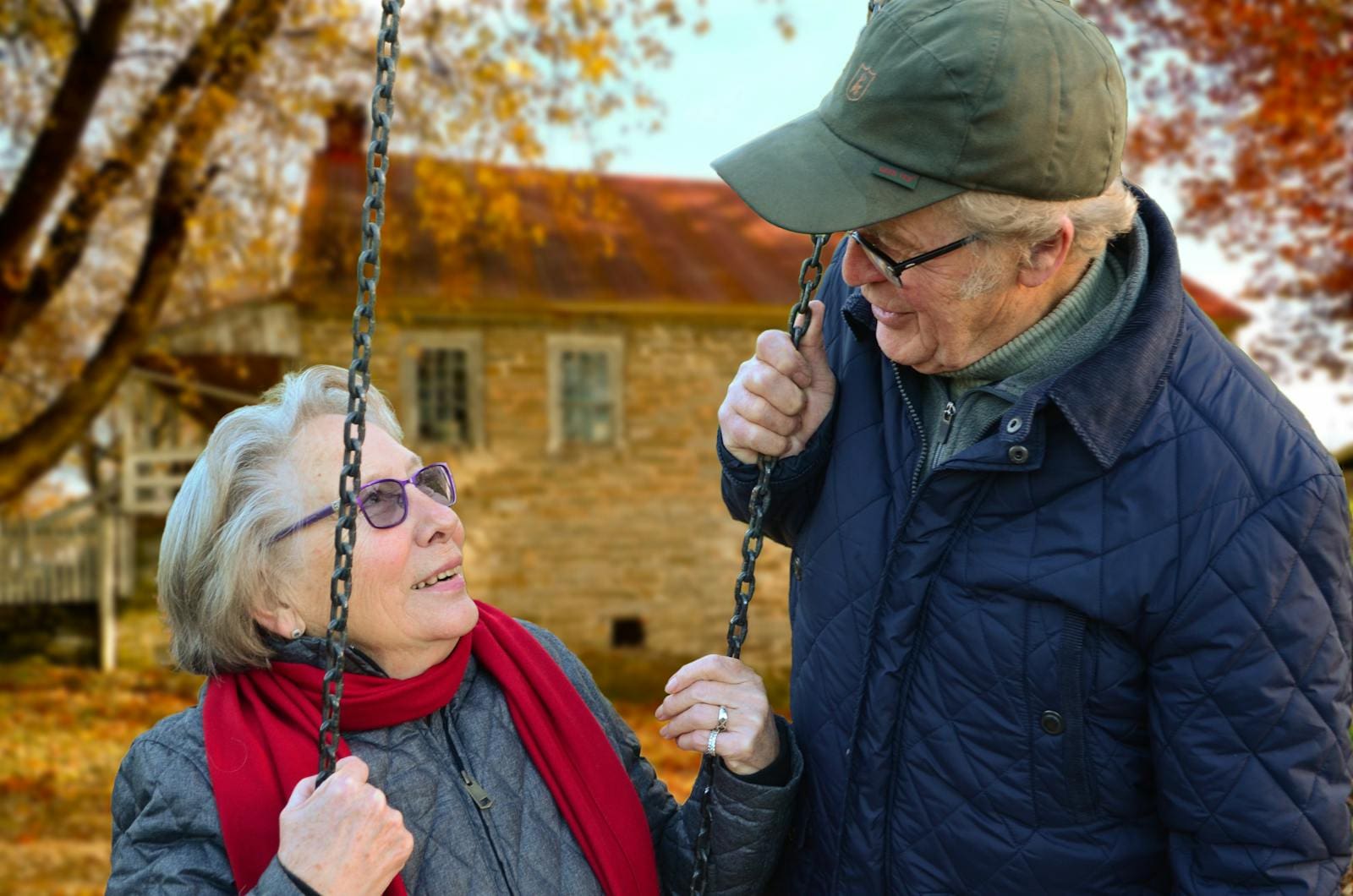A happy retirement is a product of making financial and mental adjustments. Create a plan for making the most of your newfound free time, which includes keeping fit. Here are 20 tips to make your retirement a happy one.
20. Organize Your Finances

Before retirement, organize your finances to have a solid plan for the money you’ll have to live on. Leading up to retirement, gradually reduce your expenses and spending. This will make the adjustment easier once you begin retirement. Educate yourself and take advantage of every financial benefit you can claim.
19. Ease into Retirement Gradually

The transition into retirement is much easier if done in stages. Several years before you retire, begin the process of winding down. Reduce your expenses and pay off debt. If running your own business, ease your workload and shift responsibility to others. If employed, ask if you can reduce your hours. Find productive ways to fill your free time.
18. Make a List

Many people retire who don’t know what to do with themselves after they stop working. This can be avoided by making a list of goals and wishes before you retire. Identify something you can afford and have the available time to do. This gives you something to focus on, as well as a sense of accomplishment when you achieve it.
17. One Door Closes, Another One Opens

In retirement, some people experience a feeling of loss. View it as a door closing one chapter of your life, as another door opens to a new chapter. There is still a lot you can achieve. You’ve done all you can in one area and now it’s time to focus on your next challenge.
16. Develop a Routine

Working forces us into a routine. Our bodies like and do better with one. However, it’s easy to fall into irregular patterns in retirement. You’ll feel better if you continue to get up, eat, and sleep at roughly the same time daily. Make sure to stay active and get exercise. Find something to do that gives you a purpose.
15. Prepare for Ups and Downs and Have a Backup Plan

After years of working and interacting with other people, during retirement, it’s normal to feel lonely or a bit lost at times. Plus, illness or changes in relationships can also affect your retirement plans. It’s a good idea to have a backup plan in retirement in case your original plan isn’t feasible.
14. Stay Physically Active

Exercise is not only important for your well-being, but it helps keep your mind sharp and promotes mental health. Aim to do at least 150 minutes of moderate-intensity physical activity a week. Build up to it if exercise wasn’t a part of your life previously. You now have the time to make exercise a priority. Exercise boosts health and longevity.
13. Eat Well

The routine of regular meals can also fall by the wayside during retirement. However, your body will function better when you consume your meals at roughly the same times daily. Take advantage of the extra time retirement provides to explore preparing healthier meals at home or healthier choices dining out.
12. Stay Mentally Active

Multiple studies have shown that keeping your mind active improves cognitive function and helps people remain independent longer. You’re never too old to learn. Keep yourself mentally challenged by learning a language, learning an instrument, earning a certificate, or reading. Keeping your mind active may help prevent dementia, according to Alzheimers.gov.
11. Socialize

Our working years force socialization upon us. However, some people become more isolated in retirement, which is detrimental to health. Join clubs or groups if need be, to socialize with others. Socialization can improve mood, cognition, and memory recall. Socialization is one of the most effective ways seniors can improve their mental health, according to the American Public Health Association.
10. Keep in Touch With Friends

Just because you’ve retired you don’t have to lose touch with the friends you’ve made in the workplace. Continue to get together in person, or if not possible, chat by phone or online. Use your increased free time to connect with old friends you haven’t seen in a while. Plan get-togethers, parties, road trips, or meet-ups.
9. Get a Health Checkup

Regular physical exams are something busy people often find excuses for avoiding, only seeing a doctor when a problem arises. However, in retirement and your senior years, you have extra time, and preventative checkups are vital. Many conditions arising in our older years can be prevented or better managed with early detection.
8. Practice Mindfulness

Mindfulness can be described in a few ways. Focusing on the present moment, living in the moment, being fully attentive and engaged in your surroundings, and being accepting of what is happening. It can also describe a type of meditation based on this mindset. This strategy can help relieve anxiety, stress, and depression as you adapt to retirement.
7. Get Involved With Your Community

One way to find a sense of purpose during retirement is to get involved in your community. Volunteer your time. There are numerous sectors of your community you can get engaged in such as elderly support groups, environmental groups, animal rescue groups, mentoring at youth clubs, charities, and more. Find one that meets your interests and knowledge.
6. Adopt a New Pet

Adopting a new pet not only gives them a safe home, but it provides you with a loving companion. Studies have shown that having a furry friend has a positive effect on well-being and mental and physical health. Psychological studies have shown people with pets are less lonely, more trusting, happier, and visit a doctor less often for minor problems.
5. Commune With Nature

Since you need to make exercise a part of your routine, getting out in the fresh air and with nature gives your well-being a double whammy of positive benefits. It’s an instant mood booster. Visit a nearby park or take a walk in the woods as part of your minimum target of 150 minutes of physical activity per week.
4. Expand Your Horizons

It’s easy to fall into a rut during retirement. These can sometimes be detrimental to your well-being. However, it’s simple to expand your horizons in achievable ways. Cook a new recipe. Visit a different hairdresser. Join an exercise class. Try a new hobby or learn a new skill. These shakeups to your routine can spark a new zest for life.
3. Take on a New Project

In retirement, you’ll finally have the time to get around to all those things you’ve wanted to get done. Whether it’s planting a vegetable garden, installing or building a shed, mapping your family tree. Everyone has their own list likely containing multiple items. Creative projects reward you with a sense of purpose and accomplishment.
Read More: 16 Interesting Facts and Findings About Happiness
2. Do Some Traveling, Even Locally

Nothing beats boredom better than new things to see, do or try. Visit different parts of the United States or travel to other countries. If long journeys aren’t possible, take weekend or day trips to locations you’ve never visited. Even visiting sites in your local area to check out things you’ve never seen will break up the daily grind.
Read More: 7 Ways to Be a Happier, Better Person
1. Pamper Yourself

Most importantly, after decades of hard work, it’s time to give back to yourself. You’ve earned some “me time.” It could be as simple as a day trip to a spa, dining at a fine restaurant, going to the movies, or taking a trip. No matter what it might be, make time to enjoy whatever brings you happiness.
Read More: 20 Tips for Early Retirement








